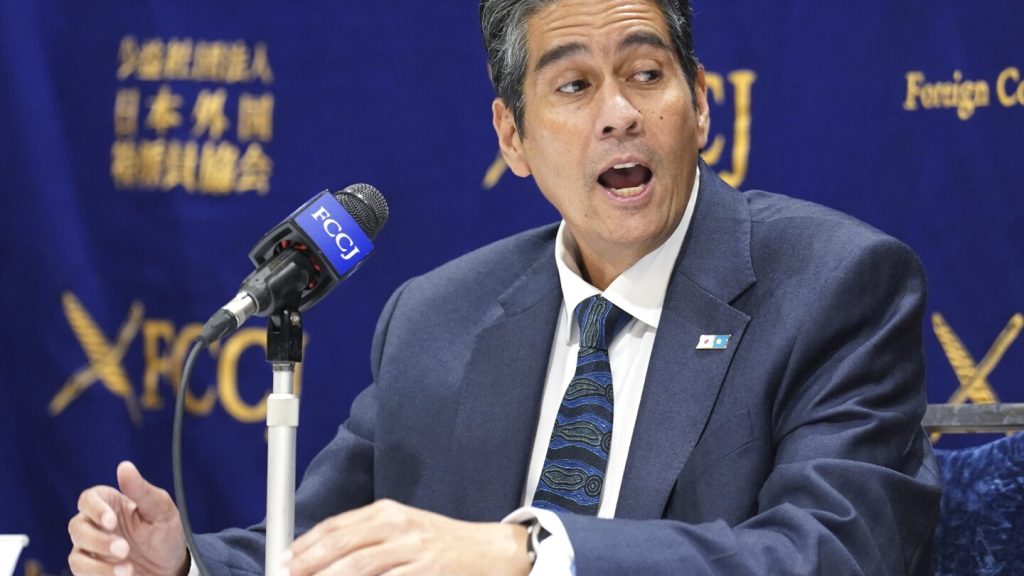Beijing has been using tourism as a weapon against the Pacific archipelago of Palau due to its allegiance to Taiwan and accusations of a cyberattack orchestrated by China. Palau, along with Tuvalu and the Marshall Islands, is one of the three Pacific nations that recognize Taiwan as an independent democracy, a move that has angered Beijing. The President of Palau, Surangel Whipps Jr., revealed in an interview with The Associated Press that he was offered a million visitors by the Chinese ambassador if he changed the country’s stance on Taiwan. Despite the tempting offer, Whipps refused, highlighting that it is not always about money but also about principles.
The pressure from Beijing on the three Pacific nations that support Taiwan is increasing as Taiwan’s diplomatic allies in the region are dwindling. Mihai Sora, Director of the Pacific Islands Program at the Lowy Institute, mentioned that China’s regional diplomacy is becoming easier as Taiwan loses allies. China has imposed penalties on Palau for its refusal to change its stance, with escalating measures in the months leading up to the upcoming election where Whipps will seek another term as leader. In May, Palau blamed China for a cyberattack in which government documents were stolen, further straining relations.
China has targeted Palau’s tourism industry, with reports appearing in state media warning Chinese tourists of alleged safety issues when visiting Palau. As a result, the number of Chinese visitors has decreased significantly, impacting Palau’s economy, which relies heavily on tourism. However, Palau also enjoys support from the United States through a free association agreement, providing aid and defense support, as well as opportunities for Palauan citizens to live and work in the U.S. Yet, analysts argue that Washington has been slow to recognize China’s influence in the Pacific, jeopardizing relationships with small island nations.
Whipps highlighted the changing dynamics in the Pacific region, noting that Western nations have historically viewed Pacific island countries as insignificant. However, this perception is shifting, as seen by Palau hosting high-profile visits from countries like New Zealand and strengthening ties with Taiwan, Japan, and Australia. Despite challenges from pro-Beijing voices in Palau ahead of the election, Whipps believes that the campaign should focus on tax reform rather than foreign influence. He emphasized the importance of maintaining Palau’s relationship with Taiwan and the country’s principle of being friends to all and enemies to none.
The recent elections in Kiribati and the Solomon Islands have shown how China leverages economic incentives to gain influence in the Pacific. In Kiribati, Chinese officials announced market access for Kiribati seafood on the day of national voting, while the Solomon Islands received economic warnings if relations with China cooled. As Palau prepares for its election in November, Whipps expects challenges from pro-Beijing voices but remains confident in the country’s commitment to its relationship with Taiwan. Despite the external pressures, Palau continues to focus on diversifying its economy, strengthening tourism partnerships, and safeguarding its marine sanctuary.


